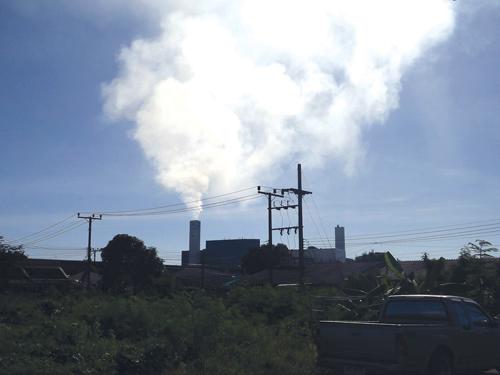Phuket’s scrap yards cleaning up

PHUKET: As part of a campaign to raise awareness about pollution, and thus reduce it, the Phuket Environmental Office is conducting appraisals of the island’s antique shops, warehouses and old household item scrap yards.
So far, a total of 39 businesses on Phuket have been targeted by the government campaign, which looks to certify related operators as a “Green Antique Shop” or “Green Scrap Business” (Raan Kai Khawng Gao See Kieao).
The most recent of inspections were carried out last week by officials from the Regional Environmental Office number 15 (Phuket office), led by Mr Surachai Kulathong, an environmental expert researcher, as well as a number of police, health and other provincial authorities.
The campaign, carried over from last year, is part of a collaboration between the Ministry of Natural Resources’ regional environmental offices and its Pollution Control Department.
Its objective is “to promote, support and raise awareness and understanding among scrap and antique dealers about safety and sanitation processes in order to reduce pollution and thus global warming.”
The Pollution Control Department estimates that there are more than 10,000 antique shops and household-item scrap-yards in Thailand. Up until recently, regulations and the respective enforcement concerning such businesses has been lax.
The Pollution Control Department asserts that the lack of regulations results in pollution that not only negatively affects operators themselves, but also their employees and others living near by.
The first phase of the campaign’s appraisal process will involve officials inspecting and advising operators about the proper storing and separating of scraps; the cleaning and maintaining of grounds compliance with respective sanitation regulations and ensuring that all operators have the correct permit to operate such a business.
The second phase will involve reviewing and considering all the businesses that have passed the criteria, as to acknowledge and finally issue a “Green Scrap Business” certificate.
Latest Thailand News
Follow The Thaiger on Google News:


























